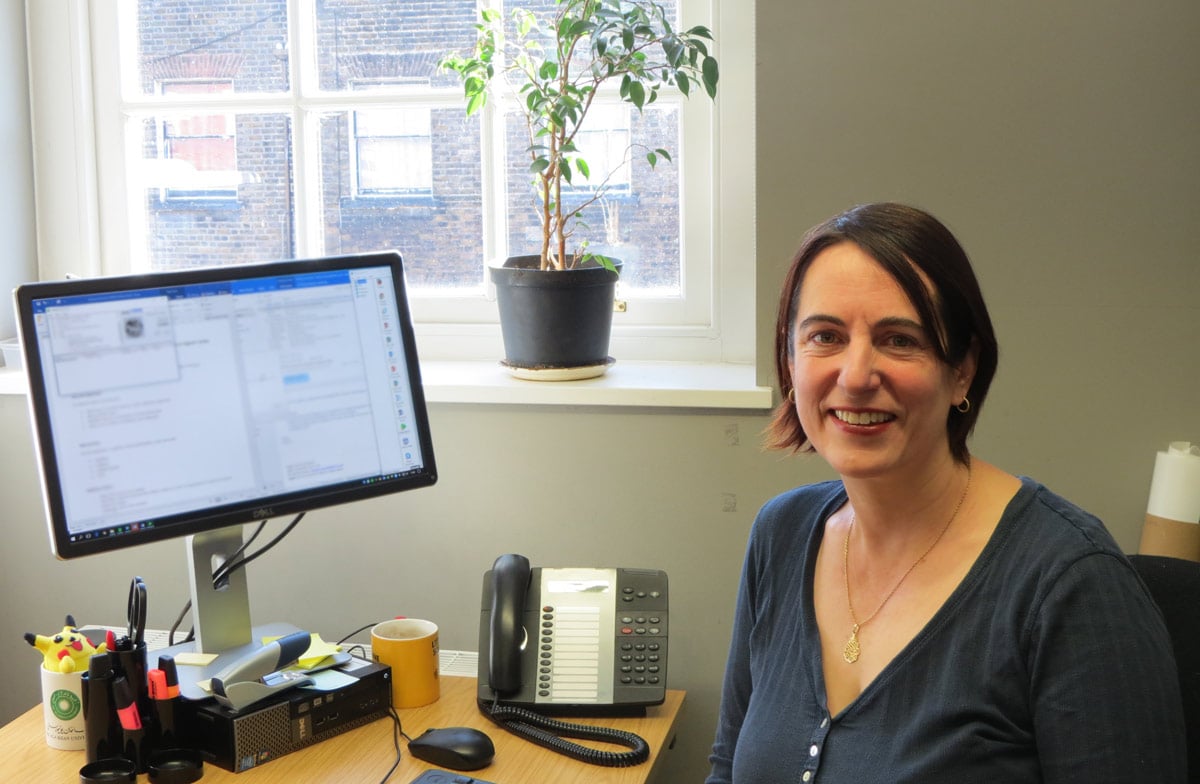The London School of Hygiene & Tropical Medicine has hundreds of research projects underway at any one time, working on all aspects of public and global health. The cost of a research project varies dramatically but the results can be priceless, and go on to influence national and international policy and practice. This is precisely the aim of In Their Own Voices: Addressing the health service needs and experiences of women and girls affected by FGM, a pioneering project led by Dr Natasha Howard and her team. Now moving into its second year this vital project was enabled through the generosity of Sue Fisch and her daughter Leah Fisch (MSc Demography & Health, 2006).
What is FGM?
FGM refers to ‘all procedures involving partial or total removal of the female external genitalia or other injury to the female genital organs for non-medical reasons’ and is ‘internationally recognised as a violation of the fundamental rights of women and girls (WHO 2014). FGM has been illegal in the UK since 1985, yet its prevalence has increased significantly since then. Today more than 125 million women and girls are affected, predominantly across central Africa from West to East, and in pockets of the Middle East (UNICEF 2016), but also across diaspora communities all over the world. FGM is primarily carried out on girls from 0-14 years of age (UNICEF 2016) but its impact is felt for a lifetime.
“To address FGM in a meaningful way, we must work with affected women and girls, to support them in empowering themselves to create the changes they want in their communities and beyond.”
- Dr Natasha Howard
In the UK mandatory reporting of FGM as child abuse, for example from teachers or healthcare professionals, carries the threat of prosecution and could encourage affected women and girls to hide FGM. This could mean that those in need of support would be unable to access the services they need most, from those addressing the direct impact on their health, to services designed specifically to help them manage the myriad of other issues that may arise as a result of suffering FGM. In addition to this the instigators of FGM are often family members and legal action can doubly victimise and isolate girls, as prosecution and imprisonment of parents or other close family members may not be in girls’ best interests.
Perspectives of women affected by FGM
Despite the increasing global recognition in the importance of tackling FGM one of the biggest challenges facing those trying to understand and eradicate FGM is that relatively little robust research includes the perspectives of affected women themselves. It is these voices that are most important to hear from and whilst many community organisations have conducted participatory research, these studies are not often published and therefore may not have significant impact or reach a wide enough audience.
In Their Own Voices: Addressing the health service needs and experiences of women and girls affected by FGM explores the perspectives of women affected by FGM, looking at the impact on their health needs and healthcare-seeking experiences. The LSHTM team, led by Dr Howard, is reviewing the existing literature on affected women’s perspectives and experiences of health services in diaspora communities in Europe, and will conduct in-depth interviews with affected women to determine what they are experiencing when they try to seek care and how they say services could improve to support them better, and provide recommendations for policymakers, practitioners and researchers.
None of this work could have taken place without the generosity of Sue and Leah Fisch, and the continuation of this much needed research project is dependent on securing further funding. By supporting In Their Own Voices with a gift you will be helping us to develop the much needed discussions around this threat to the health and wellbeing of millions of women and girls across the world. Your generosity will enable us to begin countering the prevailing narratives about FGM in diaspora communities, and to allow women’s voices to be clearly heard.
Support the project
Gifts of any size can make a significant difference, for example:
- £30 could fund the transport for someone affected by FGM to attend a community meeting.
- £50 could fund refreshments for a community meeting.
- £100 could fund childcare costs for a mother to attend a community meeting.
- £250 could fund a translator to attend a community meeting.
- £500 could fund room hire in a community centre.
- £1000 could fund the transcription and AV costs of a community meeting.
- £4000 could fund an MSc student research project dedicated to FGM research.
Make a donation to the project
This project is also supported by POUND Jewelry, who are donating 20 % of the proceeds from sales of their red tiger’s eye necklaces to In Their Own Voices. The red tiger’s eye is sometimes called a “survival stone,” traditionally associated with protection, strength, and integrity. Through the beauty of this stone, the POUND jewellers are delighted to draw both attention and funds to this project. You can find out more and purchase the necklace here: http://www.poundjewelry.com/pendulums/red-tigers-eye
